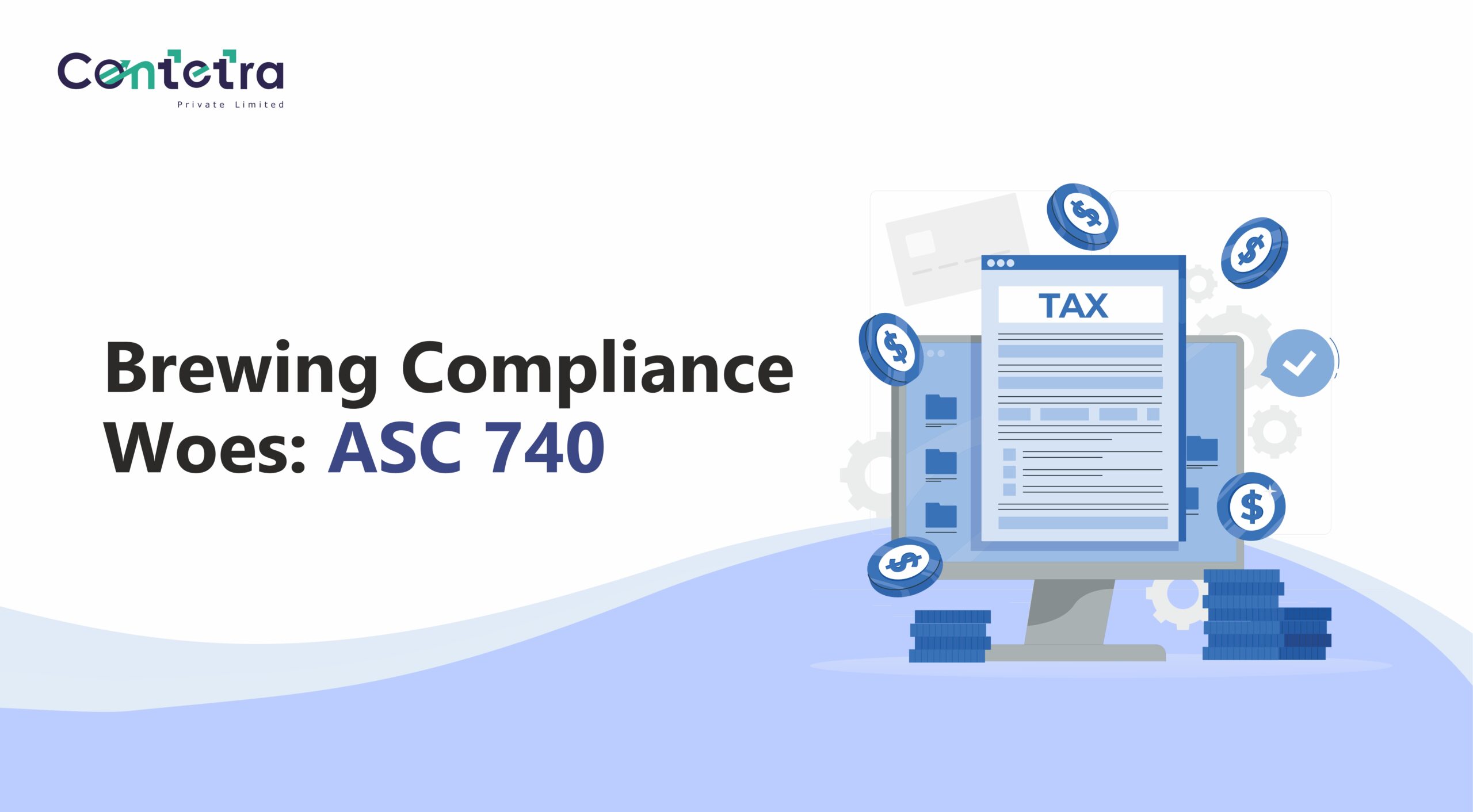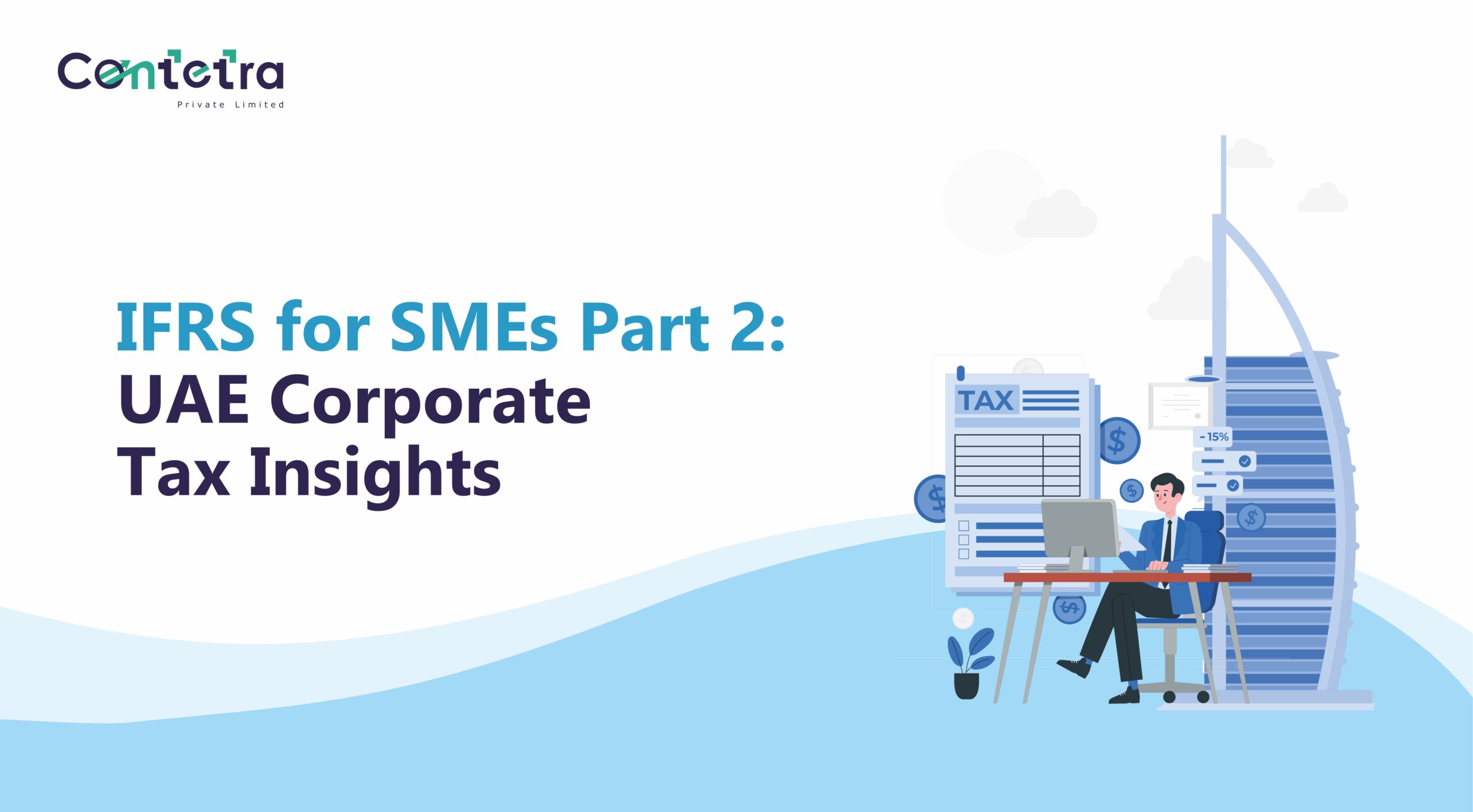As a finance professional, you know compliance is crucial. Everyone strives to comply with regulations.
But financial non-compliance is still very prevalent. So, let’s see what happens when you don’t compliance with the financial reporting framework.
Non-Compliance – The Why and How Much?
To put in a language finance professionals understand, let’s look at some numbers!
What did the average costs of financial non-compliance look like in 2023?
- Dealing with compliance costs an average of $5.47 million, but if you choose to ignore it, the price of financial non-compliance skyrockets to $14.82 million.
- Over the past decade, the cost of not following compliance has surged by more than 45%.
- A single non-compliance event can take a hefty toll, hitting organisations with an average revenue loss of $4 million. It’s a price tag you’d probably want to avoid.
Yes, companies are paying such high amounts. So, what are the reasons behind this non-compliance?
- Lack of knowledge of the regulatory laws and reporting practices.
- Incorrect understanding of the regulatory requirements.
- Failing to practically implement the laws and regulations accurately while preparing financial statements.
Under these circumstances, corporates place a high value on employees who can help avoid or prevent companies from incurring such high regulatory costs!
Hence, it becomes imperative for finance professionals to acquire a thorough understanding of the Financial Reporting Framework so that they can add significant value to their firm, and shine as a professional.
Today, we will find out how misinterpreting the DTL (Deferred Tax Liability) led to this US based beverage company being slammed with ASC 740 violations.
Understanding the Deferred Tax Liability
Deferred Tax Liability, or DTL, is a fundamental concept in accounting. It represents taxes that a company owes but has not yet paid. It arises from differences between financial statement income and taxable income, and it’s a crucial element while preparing financial statements as it is the accurate representation of a company’s financial health. In essence, it reflects the company’s future tax obligations.
The 2016 Financial Statement Problem
Molson Coors’ troubles began in 2016 when they discovered an issue with the treatment of DTL in their joint venture. The company had inadvertently understated both DTL and income tax expense, leading to a glaring inaccuracy while preparing financial statements. The consequence? An inflated net profit figure that exceeded reality by nearly $400 million.
The 2017 Financial Statement Problem
The following year, in 2017, the situation took a more complex turn with changes in US corporate tax laws. Molson Coors again found themselves understating net income, this time by over $150 million. These inaccuracies not only clouded the financial picture but also left investors and stakeholders in the dark.
The Balance Sheet Impact
Perhaps one of the most significant repercussions of this financial non-compliance was its impact on Molson Coors’ balance sheet. The company admitted that the incorrect treatment of DTL led to a cumulative understatement of $248 million. In other words, they had undervalued their deferred tax liability while preparing their financial statements, resulting in an equal overstatement of their total equity.
ASC 740 Violations
Molson Coors’ unfortunate journey into the realm of financial non-compliance was marked by several violations of ASC 740 which addresses accounting for income taxes:
- Understating Deferred Tax Liability (DTL): ASC 740 mandates that companies must recognise, and measure deferred tax assets and liabilities based on the differences between financial statement income and taxable income. Molson Coors’ understatement of DTL blatantly disregarded this requirement, skewing their financial disclosures.
- Understating Income Tax Expense: In tandem with the DTL issue, Molson Coors also understated its income tax expense for the years in question. Accurate accounting for income tax expenses is a cornerstone of financial transparency, and this oversight cast a shadow over their financial statements.
- Impact on Net Profit: This financial non-compliance of ASC 740 had a direct consequence – they inflated the company’s net profits for 2016 and 2017. This misrepresentation, in direct violation of the standard, resulted from inaccuracies in reporting income tax expenses and the associated deferred tax liabilities.
- Misstating Equity: The ripple effect of the DTL non-compliance was felt on Molson Coors’ balance sheet, where they inadvertently overstated their total equity by a significant $248 million. Deferred tax liabilities have a direct bearing on a company’s equity, making their accurate reporting a critical component of financial transparency.
In 2019, when the compliance issue was released to the public, the company’s shares tumbled by 8.9%.
What Can Organisations Learn From Molson Coors?
The Molson Coors case study is a stark reminder that financial non-compliance can have far-reaching consequences for a company’s reputation and its investors and stakeholders. Here are some valuable lessons that can be gleaned from this unfortunate episode:
- Vigilant Oversight: Even established companies can make errors while preparing financial statements. It underscores the importance of constant vigilance and robust internal controls to detect and rectify issues promptly.
- Compliance is Paramount: Accounting standards and regulations exist for a reason – to ensure transparency and accuracy in financial reporting. Compliance with these standards must be unwavering.
- Transparency Builds Trust: Inaccurate financial reporting erodes trust. Companies must prioritise transparency and truthfulness in their financial disclosures to maintain investor and stakeholder confidence.
- Collaborative Effort: Financial compliance isn’t just the finance department’s responsibility. It requires collaboration across various functions within the organisation to ensure accurate data collection and reporting.
- Learning from Mistakes: The Molson Coors case exemplifies how even reputable companies can falter. The key is acknowledging mistakes, rectifying them, and implementing measures to prevent recurrence.
Molson Coors’ journey through the maze of financial non-compliance is a stark reminder of the importance of adhering to accounting standards. The consequences of inaccuracies in financial reporting are not confined to balance sheets and income statements; they can impact investor confidence and trust.
Are you looking for someone to help you comply with regulations, so you are not in murky waters like Molson Coors?
We, at Contetra, work with finance professionals and senior finance leaders to help prepare financial statements that make more sense for a global world. To know more about how we can help you avoid the non-compliance penalties, visit our website, and book a call with our team of Chartered Accountants! – https://contetra.com/technical-accounting-international-gaap-advisory-services/














